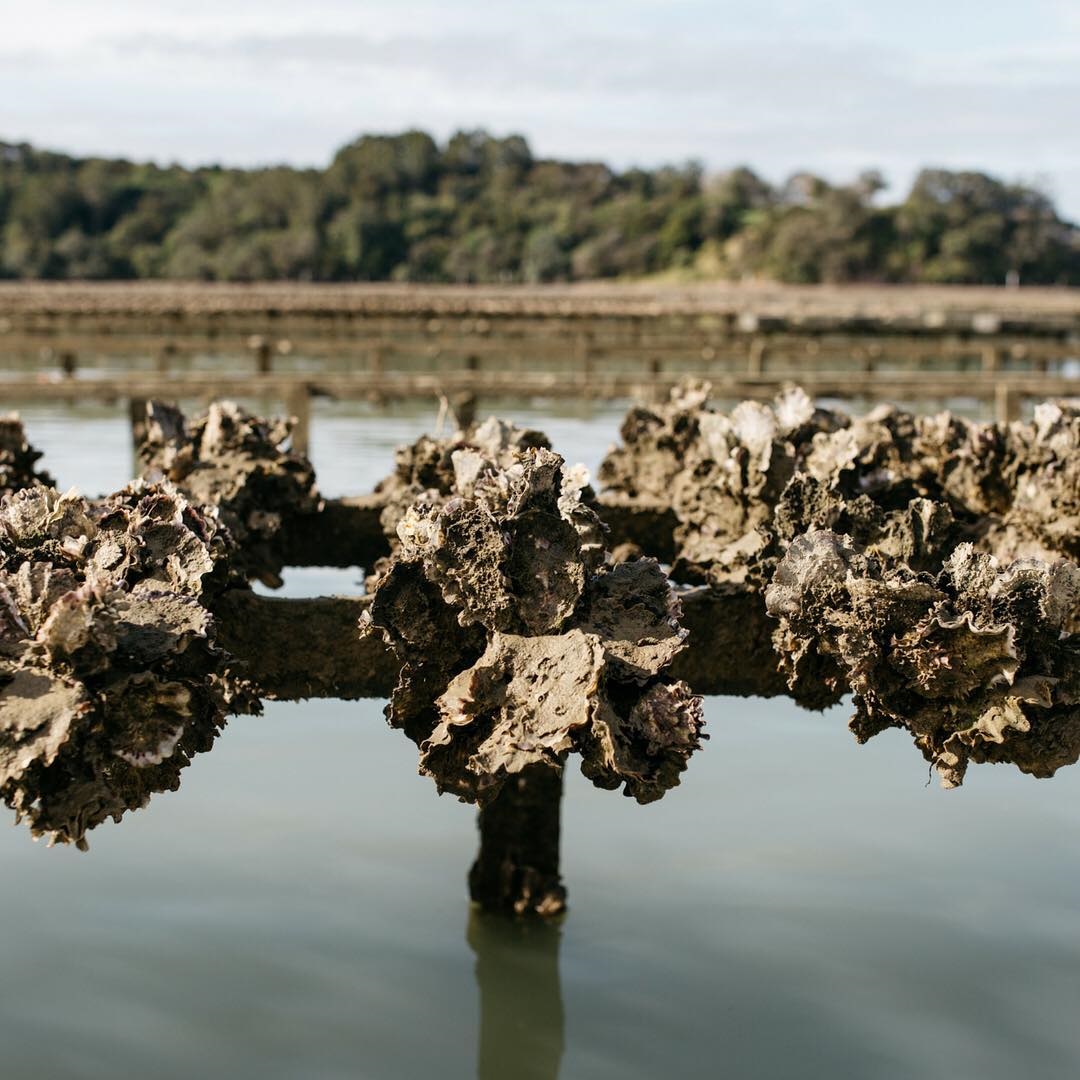Oysters: unsung climate heroes
At Mahurangi Oysters we think it is way beyond time that people shone a light on the silent champions of climate change, toiling away in our oceans, harbours and estuaries.
The oyster is a funny-looking creature resembling little more than a rocky formation yet these beauties play a pivotal but largely uncelebrated role in mitigating the impacts of pollution.
In a world where carbon emissions are wreaking havoc on our climate, oysters lie around and use their superpowers to combat rising CO2 levels. Carbon dioxide is one of the main greenhouse gases contributing to global warming. By taking carbon out of the water, oysters keep it from getting into the air where it can worsen climate change.
The ocean as a carbon sink
Often referred to as the Earth’s lungs, our oceans generate 50% of the oxygen we need to survive and absorb around 25% of all carbon dioxide emissions. A robust ocean ecosystem is vital to protect Earth’s natural capacity to manage carbon in our atmosphere and fight global warming.
Our oceans serve as a crucial carbon sink. When CO2 from the atmosphere dissolves in the ocean, it is taken up by marine organisms. Remarkably, phytoplankton alone absorbs as much carbon as all terrestrial plants combined.
While oysters may lack the splendour and Instagramability of coral reefs, their contributions to carbon capture are no less great.
Oysters make their shells out of calcium carbonate. They extract carbon ions from seawater to do this through a process known as calcification.
This activity also helps fight ocean acidification; a process exacerbated by rising CO2 levels. As the sea absorbs carbon dioxide from the air, over time, the water becomes more acidic. This ocean acidification harms sea creatures like shellfish, corals, and some fish because it makes it harder for them to build their shells or skeletons.
As they build their shells, oysters use up some of the carbon dioxide in the water. This helps to lessen ocean acidification.

And if that wasn’t enough, oysters are nature’s water purifiers. They eat phytoplankton and organic matter in the water, which contain carbon. They help clean the water by filtering out impurities as they feed. In fact, a single oyster can filter and process around 175 litres of water daily, effectively sequestering carbon within their shells.
In our changing climate, we need to find climate-friendly food sources
Beyond being little superheroes of the sea helping to keep our planet healthy, oysters offer a sustainable solution to our food crisis. Rich in nutrients and low in environmental impact, oysters are a nutritious, plentiful protein source. Unlike traditional livestock farming, aquaculture requires minimal resources and produces negligible pollution.
Supporting oysters in the battle against climate change
We need to support the important work these unassuming molluscs do. They’re doing their part, so let’s do ours. And one of the most effective ways to lower our carbon footprint is by changing what we eat.
By supporting sustainable oyster farming practices, we can use the power of oysters to help our planet. So, let us heed the call of the oyster and get slurping.
The oyster of choice
Thanks to our careful husbandry and intelligent market selection, our plump Pacific oysters have become the oyster of choice in the Auckland restaurant scene and are exported in large numbers to Pacific Rim countries.
Feel free to contact us directly should you want more information. As a family business, we are very proud of what we produce and sell – and we only sell the best.

